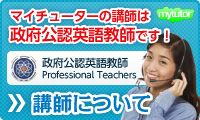
QUESTIONS
Part 1 (Comprehension Questions ):
- What part of Sudan is Darfur?
- Where did the speaker and his family used to live before reaching the camp?
- What does the word “otash” mean?
- Why is it called so (otash)?
- What is the name of their IDP camp?
- What does the speaker refer to as the basic right of every child?
- What did the speaker say is the greatest power that’s ever known to all?
- What did he say should be a priority and should be available for all children?
- What languages can Makhtoum speak fluently?
- What is his (Makhtoum) biggest dream?

Part 2 (Express Yourself Questions):
- How important is education?
- Does your country have a good education system? What are its strengths and weaknesses?
- Which countries have the best schools and universities? Why are they considered good?
- Is education only for the young? What things should people learn as they grow up? What should people learn after they have grown up?
- Henry Ford said, “Anyone who stops learning is old, whether at twenty or eighty. Anyone who keeps learning stays young.” Do you agree? Why?
- Do you enjoy learning new things? Give an example if you can.
- Does studying make you tired? Is it hard work? How can a student get energy for study?
- What characteristics should a good teacher have?
- Have you ever considered becoming a teacher? Why or why not?
- Who has taught you a lot in your life?













